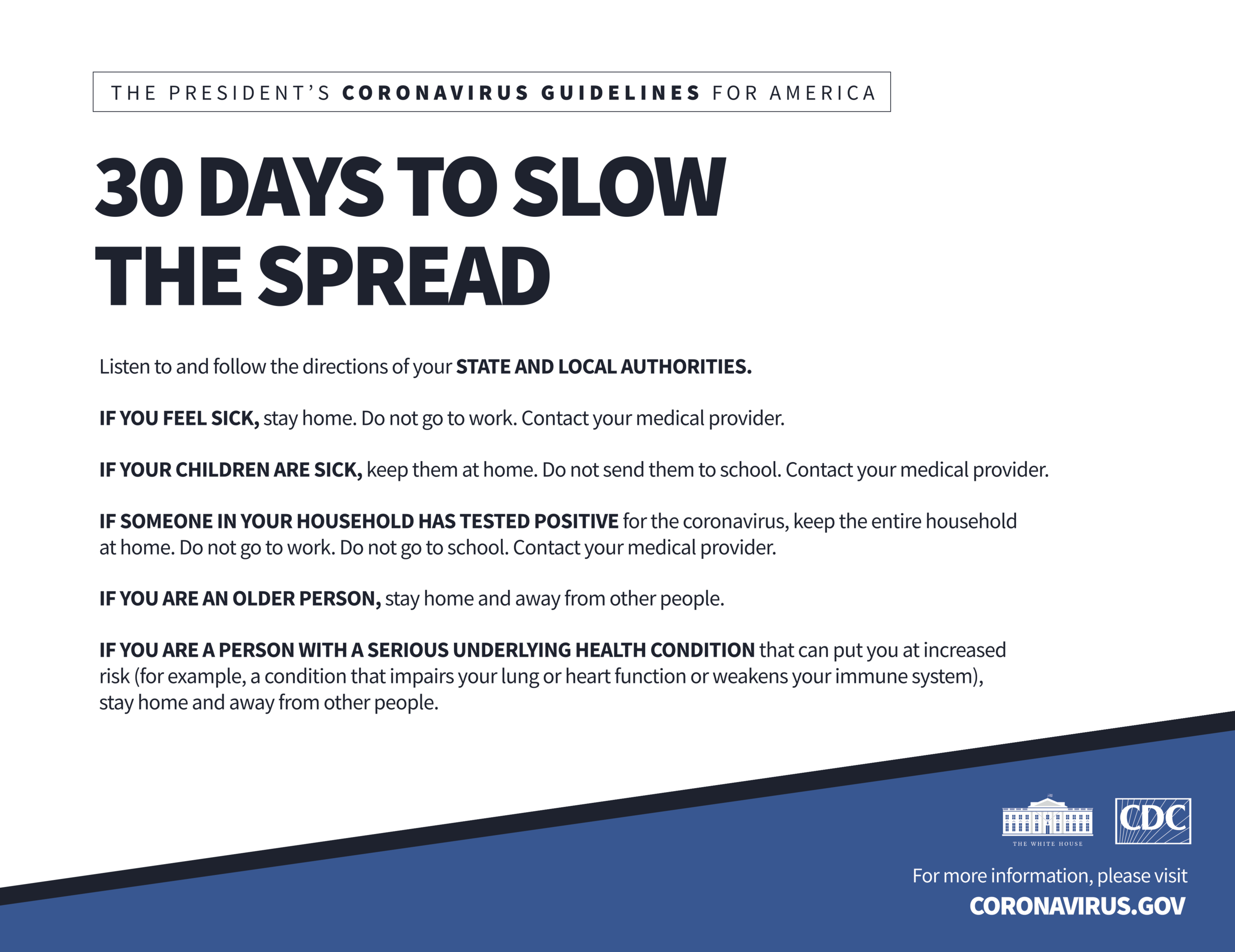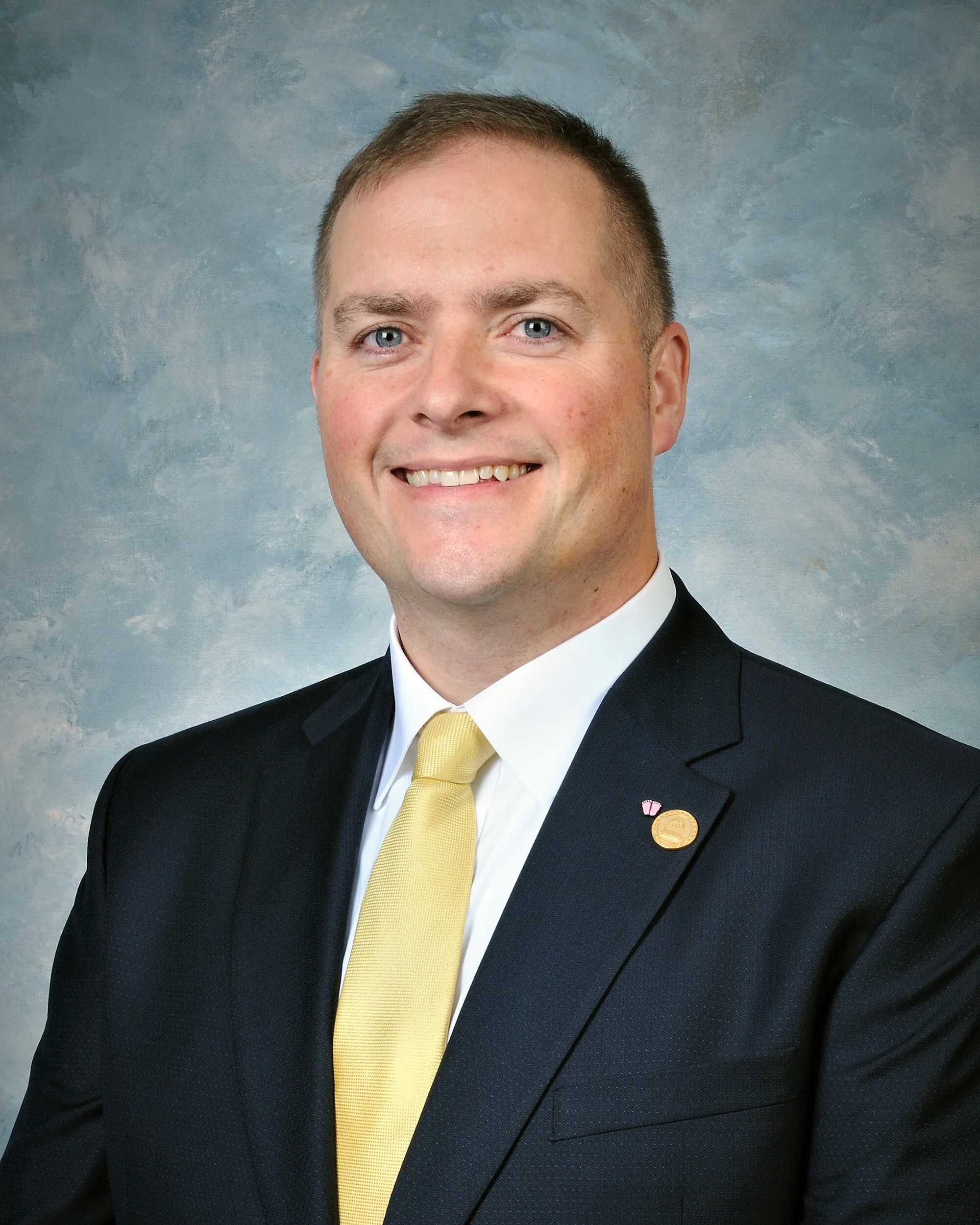Like the rest of the nation, I’ve watched the events of the last few weeks unfold in horror. I certainly am thinking as a citizen, a former prosecutor, and as a senator, about what’s happening, what has gone so wrong, where others have made mistakes, what kind of bills I could file or grant a hearing to to advance the cause of racial equality. But all of those are a distant second place in my mind. I am troubled most about the state of the things as the father of two perfect, funny, loving, very busy, brown children.
I’ve watched our five year old learn about all kinds of things, and we’ve done our best to teach her all the important things in life that all five year olds should know. Above all, we tell her often how much we love her, and how much God — who designed and intended every part of who she is — loves her. We do the same for her two and half year old brother. Hadley, our daughter, became part of our family at birth through a traditional adoption. Hayes became part of our family even earlier than birth through embryo adoption. They are our kids. They know Amanda and me as “momma” and “daddy”. When and how do you tell my brown kids that a part of the world sees them as less than? Our kids are too young to try to explain the unimaginable tragedies of George Floyd, Breonna Taylor and Ahmaud Arbery, but they won’t always be. At some point we’ll have to do what Momma’s and Daddy’s of black and brown kids all over America have to do everyday; break their children’s hearts with the truth. Big parts of this great nation will, seemingly, always view them as inferior to people who look like Amanda and me. Institutions that white people rely upon and trust do not universally favor and work for the good of brown and black kids and adults.
We don’t know how to do it. We don’t want to do it. I said as much to a black friend of mine a few nights ago by text message and he replied simply with “You will find a way. Remember ‘Love never fails.’” He is absolutely right. And while I still don’t know how we’ll do it when the time comes, I pray our love (and we know God’s love) will be sufficient. “Love is patient, love is kind. It does not envy, it does not boast, it is not proud. It does not dishonor others, it is not self-seeking, it is not easily angered, it keeps no record of wrongs. Love does not delight in evil but rejoices with the truth. It always protects, always trusts, always hopes, always perseveres. Love never fails.”
The time to talk to our kids about the world isn’t yet upon us. But there’s nothing from stopping me from taking action right now. Anne Frank wrote in her diary “how wonderful it is that nobody need wait a single moment before starting to improve the world.” I serve in the Kentucky State Senate, and I chair the Senate Judiciary Committee, and the time is certainly ripe for action there. We must be willing to examine the mistakes we’ve made over two centuries in the General Assembly. I must be willing to examine my own failures to push hard enough (or in some cases to act at all) to eliminate systemic inequalities of Kentucky state government. We need to be prepared to listen, and to act.
Over the last few years I’ve tried to advance legislation that would address an issue I didn’t know existed when I first came to the Senate eight years ago: disproportionate minority contact, or “DMC.” But there are other proposals that deserve to be debated. Perhaps we should require a review of enacted bills to verify that it does not have a disproportionate impact on minority Kentuckians. Maybe we should include sunset clauses on bills if a disproportionate impact surfaces. We should eliminate the automatic transfer of juveniles to circuit court as youthful offenders. We should, finally, fully prohibit the use of detention for status offenders. I suspect there is no shortage of legislation we could consider in 2021 and beyond. The use of force, no-knock warrants and body cams are certainly at the front of many minds right now, and for good reason. I don’t have all the answers, and government alone can’t fix every problem, but people across the Commonwealth are sharing ideas and suggestions and we should be willing to consider any that may advance the cause of justice and racial equality.
“How wonderful it is that nobody need wait a single moment before starting to improve the world.”
I will not condone rioters and looters and violence, and I will not condone those intentionally inciting and inviting those demons. But peaceful protestors are doing what peaceful protestors have done for generations; peacefully seeking to be heard, peacefully seeking to right a wrong. George Floyd, Breonna Taylor and Ahmaud Arbery are just the most recent, most visible examples of generations of wrongs. James wrote in his letter “...everyone should be quick to listen, slow to speak and slow to become angry...”. I will strive to be quick to listen to those suffering from racial inequality, and do my best to understand their perspective, as much as a white man can. They have this senator’s, this father’s, attention. I may not move the needle much, but as long as our kids see that I’m trying to move it at all, that might make all the difference.








